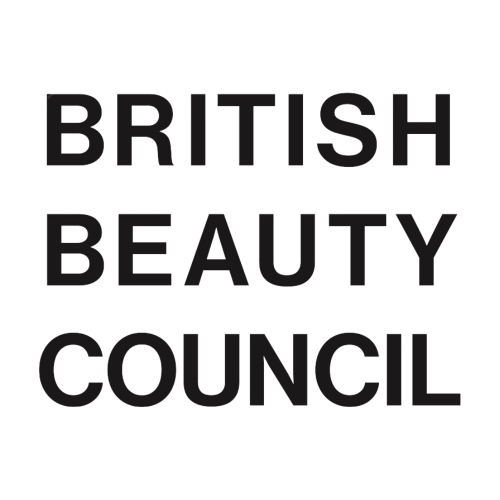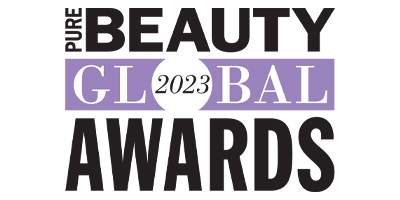The phenomenon of the influencer has become a key component of brand awareness. The beauty industry in particular has adopted this method of messaging and it has proved very effective. Why it works so well may be down to the way we learn.
INFLUENCERS AND CELEBRITY ENDORSEMENTS
The tradition of people with celebrity status giving their endorsement to a product or service is one that stretches back to the beginnings of mass media. The assumption is that audiences respond to celebrity endorsement, at least partly, through familiarity with the subject, which creates trust, and to some extent, the desire to be like them. Potential buyers seem to be responding positively to ‘I like you, I trust you and I want to be like you’. Social media influencers, on the other hand, may well have an extra attraction that adds value to this process. As well as having a celebrity profile, they have a teaching role. Again, this has been part of the celebrity role in the past to some extent, but influencers go beyond just discussing benefits into teaching the viewer how to use the product. They are passing on knowledge as well as raising the brand profile.
SOCIAL LEARNING AT WORK
Psychologist, Albert Bandura proposed that we learn not just through the formal process of ‘schooling’ but also via a process of social mimicry. One of the important points raised by social learning is that we apply things we see or hear to our own lives. According to Bandura, this requires four stages. These are attention, retention, reproduction, and motivation. When you look at the content produced by a successful beauty industry influencer, these four elements do seem to be present. In fact, it is quite clear that a video by a YouTube influencer such as Lauren Curtis, there is considerably more going on than just celebrity endorsement. In her video ‘Prom makeup tutorial’, not only does she discuss the products, but they are also applied and demonstrated in an accessible and easily reproduced way. The four elements of social learning are clearly present.
Attention
– The viewer has chosen to watch the video and is already committed and engaged. The video then quickly ‘gets to the point’ to maintain this
Retention
– There is reinforcement of key points accompanied by additional tips and Curtis showing the products in use, to help the viewers retain the information.
Reproduction
– There is repeated encouragement and specific instructions on how to reproduce the makeup designs and specific looks being demonstrated as well as other videos that use the same approach
Motivation – In this case, ‘prom make-up’ is the subject. Motivation often comes from reward, in this case, the gratification of achieving the desired look.
THE INFLUENCER AS A TEACHER
Lauren Curtis is accessible to the viewer. She talks their language and creates something they can reproduce. However, Curtis is offering something more than just a ‘hey look at me’ celebrity video. She is useful. Her tips, methods, and approach to her self care and use of cosmetics are grounded in the real world. Most importantly they are easily reproduced by the viewer using the same, easily obtained products. Curtis is beneficial to her followers as teacher. Her viewers are learning from her via what seems to be a clear use of social learning theory in action. Unlike formal learning, though, the intimacy of being invited into the influencer’s life creates a familiarity, encourages interaction and trust is generated by seeing the results of their skills in action.
A LITTLE BIT OF CAUTION
Social learning does have its detractors and there is a lot more to influencers than just education. However, it does seem to be a very important component of their success in the beauty space. It is always worth remembering that Bandura was invited to also take part in assessing the negative impact of TV on children. There is, as we all know, a lot of concern surrounding the mimicking of celebrity and influencer behaviour. Brands, as we have seen many times, need to exercise some caution with their selection of influencers. What is seen as misuse of influence can very easily damage a brand as well as the influencer’s reputation.
When you realise how important the work of an influencer is to their followers it is no wonder that brands are so keen to be associated. The prom makeup tutorial we mentioned earlier has had over 8 million views. That is a lot of potential consumers watching and learning how to use a specific set of products. Undoubtedly, the rise of the influencer as a force in the beauty industry is firmly located in their ability to have actual influence on the consumer and their purchase decisions. This seems partly at least due to the application of social learning.





